Who needs an upgrade when you can have a downgrade?
One of the best budget phones released in 2020 was the Moto G Power. It struck an excellent balance of specs, features, and price, making it very easy to recommend to just about anyone.
Fast forward one year later, and Motorola's looking to follow-up on its success with the Moto G Power (2021). The goal of this new G Power is identical, with Motorola offering an affordable phone that strives to deliver the best battery life possible. There are a couple of small upgrades over the 2020 model while still retaining that excellent three-day endurance, but somewhere along the way, Motorola ended up making a worse phone than it did last year.
The lower $199 asking price does make the G Power (2021) a compelling option for shoppers with especially tight budgets, but when looking at other options from competitors and Motorola's own portfolio from last year, it ends up feeling mediocre.
At a glance
Moto G Power (2021)
Bottom line: The Moto G Power (2021) is a frustratingly mediocre smartphone. The hallmark feature is the same as its predecessor, with the new G Power touting three-day battery life on a single charge. You're also getting a refreshed design and a higher-resolution camera, but that's where the improvements end. The 2021 variant of the Moto G Power has a lower-res 720p display, less storage and RAM, and ships on outdated software. Motorola missed the mark with this one.
The Good
- Clean, well-built design
- Massive 5,000 mAh battery
- Side-mounted fingerprint sensor
- Has a 3.5mm headphone jack
- Excellent software experience
The Bad
- Sluggish performance
- Downgraded HD+ display
- Useless secondary cameras
- No NFC
- Ships with Android 10, and only one promised one OS update
From $200 at Amazon From $200 at Best Buy From $200 at B&H
Moto G Power (2021) Price and availability
The Moto G Power (2021) was first unveiled on January 8 and made available for purchase on January 14. Unlike the 2020 version, this year's G Power can be bought in a couple of different configurations.
The baseline Moto G Power — the one being featured in this review — is available for $199 and comes with 3GB of RAM and 32GB of storage. You can also get an upgraded variant with 4GB of RAM and 64GB of storage for $249.
Moto G Power (2021) What I like
Let's kick things off with the positives, because while there's a lot about the Moto G Power (2021) that I take issue with, there's no denying that it does bring a lot of good to the table for not much money.
The hallmark feature, of course, is battery life. Motorola built the G Power (2021) with a 5,000 mAh battery, with the company touting that you can expect up to three days of use on a single charge because of that. Just like the 2020 Moto G Power, that claim holds true yet again.
The Moto G Power (2021) sips battery like a champ, making it very easy to get through three full days with regular usage. No matter if you spend a fair amount of time scrolling through Twitter, checking emails, or watching YouTube, this is a phone where battery anxiety isn't something you'll ever have to worry about.
I've been quite happy with the Moto G Power's design and build quality, too. As someone that wasn't a fan of the glossy plastic we saw on last year's model, shifting to a matte finish is greatly appreciated. The subtle pattern on the back is a nice touch, the in-hand feel is great, and the overall package just feels really well-built. Coming from the more expensive Motorola One 5G Ace, it's a bit ironic that the Moto G Power (2021) is superior in this regard.
Motorola also deserves credit for keeping the 3.5mm headphone jack around for anyone that still relies on the port, and thanks to the side-mounted fingerprint sensor, you benefit from some added functionality. The sensor itself has proven to be fast and accurate, but what I really like is how you can double-tap it to either get app shortcuts or to quickly launch a single app you use a lot. While not a game-changer or anything, it has been a nice convenience in day-to-day use.
Moving from hardware to software, I'll always be quick to praise Motorola's custom take on Android. The user interface is very reminiscent of what you'd find on something like the Pixel 4a, meaning it's clean, organized, and free of unwanted bloat. If you hop into the Moto app, however, it doesn't take long to find a slew of useful add-ons.
Motorola's take on Android is a joy to use.
From being able to twist the G Power (2021) to open the camera app, chop it to enable the flashlight, or use Peek Display for managing notifications without having to power on the entire screen, the day-to-day experience of using Motorola's software is always a highlight for any of its phones.
Finally, hitting that $199 asking price for this new Moto G Power is a big deal. Especially in a world where a lot of people are still dealing with tighter budgets and limited spending, having another low-cost smartphone option is something we'll always be appreciative of.
Moto G Power (2021) What I don't like
Even with that low price in mind, though, there are certain aspects of the Moto G Power (2021) that are difficult to overlook — and it all starts with the display.
| Category | Moto G Power (2021) |
|---|---|
| Operating System | Android 10 |
| Display | 6.6-inch LCD 1600 x 720 |
| Processor | Snapdragon 662 |
| RAM | 3 or 4GB |
| Storage | 32 or 64GB |
| Expandable Storage | ✔️ |
| Rear Cameras | 48MP primary, 2MP macro, 2MP depth |
| Front Camera | 8MP |
| Security | Side-mounted fingerprint sensor |
| Audio | Mono speaker, 3.5mm headphone jack |
| Battery | 5000 mAh, 10W charging |
| Dimensions | 165.3 x 75.9 x 9.5mm |
| Weight | 206g |
The Moto G Power (2021) ships with an HD+ display, with the exact resolution being 1600 x 720. That's not good by cheap Android phone standards from a couple of years ago, especially considering the large 6.6-inch size of the G Power's screen. Now some might argue that's a compromise you just have to make when dealing with a $199 to $249 price, but remember that last year's Moto G Power — which retailed for $249 with 4GB of RAM and 64GB of storage — featured a much sharper Full HD+ display at 2300 x 1080 pixels.
Simply put, this is a bad display. Colors are muted, the picture is distorted at harsh viewing angles, and everything has a softness to it that isn't pleasant to look at. Given that Motorola was able to offer a substantially better display panel on last year's Moto G Power, a downgrade like this is incredibly difficult to justify.
Whether you're paying $199 or $249, this display just doesn't cut it.
There's also the matter of performance, which at least on the $199 configuration of the Moto G Power (2021), feels noticeably sluggish. It's perfectly capable of running apps like Twitter, Instagram, Slack, and others, but navigating through all of them often requires a bit of patience. Whether it's waiting an extra beat for an app to fully load, swipes/taps being met with a delay here and there, or janky animations throughout the entire phone, this isn't an experience I'd describe as fast.
Qualcomm's Snapdragon 662 at the heart of the Moto G Power (2021) is a fine chipset for this echelon of smartphone, but being limited to 3GB of RAM is far from ideal. You can pay more for the $249 model to get 4GB of RAM, but as I'll talk a bit more about in the competition section below, doing so isn't the best idea given the rest of the G Power's shortcomings.
Continuing with those shortcomings, there's the camera package. The star of the show is the Moto G Power (2021)'s 48MP primary camera, and in my testing, it's proven to be what you'd expect for a $200 smartphone. Photos taken with the phone often result in bland colors, low-light shots are nearly impossible, and properly focusing on a subject is more difficult than it should be thanks to a lack of in-camera stabilization. The Moto G Power (2021) is capable of churning out good results here and there, but more often than not, I found this camera working against me.
Then we have the 2MP macro and 2MP depth cameras, but there's honestly not much to say here. The macro camera is fun to play with for five minutes, but thanks to lacking stabilization and poor detail, it's not something I ever found myself wanting to come back to.
I would have greatly preferred Motorola focused on creating a single sensor that can compete with what's offered on the Pixel 4a, or at least offer secondary sensors that have legitimate value. The 8MP ultra-wide camera on the Moto G Power (2020) didn't have the best quality, but at the end of the day, it still allowed for shooting possibilities you just can't get with a regular wide lens. Why Motorola chose to get rid of it in place of a seemingly useless depth sensor is beyond me.
Then, perhaps even more bewildering, is the software situation with the Moto G Power (2021). While the software itself is great for all of the reasons mentioned above, it's inexcusable that Motorola released a phone in January 2021 running Android 10 — the same Android version that last year's Moto G phones shipped with.
This update situation is a new low for Moto.
And in typical Motorola fashion, the Moto G Power (2021) is promised just a single software update for its entire life. It'll get updated to Android 11 at some point this year, but once that update arrives, that'll be it as far as major software support is concerned.
This one-update policy from Motorola isn't new, but at the very least, the company usually ships its Moto G devices with the latest version of Android currently offered. Android 11 has been publicly available for well over four months now, meaning Motorola had plenty of time to ship the G Power (2021) with the software if it wanted to. Instead, Motorola decided to find yet another corner to cut in an effort to roll out this phone as quickly and cheaply as possible.
A quick note on the Moto G Play
The Moto G Power (2021) is just one of many phones Motorola launched for the first part of this year. The Moto G Play was also released alongside it, featuring a very similar retail price of $169. I've been using the phone off-and-on alongside the Power, and truth be told, it's not something worth paying attention to.
Despite being so similar in price to the Moto G Power (2021), the G Play has worse specs in two key areas — processor and cameras. The Snapdragon 460 in the Moto G Play is similar to the Snapdragon 662 in some regards, but with a slower CPU clock speed, you're looking at even more sluggish performance than what's offered on the G Power. The primary camera is also downgraded to a 13MP sensor, resulting in softer and less impressive photos compared to the already mediocre quality of the Moto G Power (2021).
The Moto G Play gets the job done if you absolutely can't spend a penny more than $169, but if you can spare just $30 more for the Moto G Power (2021), it's the better of the two phones.
Moto G Power (2021) The competition
Here's where things get even trickier for the Moto G Power (2021). I've compared it a lot to the Moto G Power (2020) a few times already, and when looking at the phones side-by-side, it becomes difficult to see why anyone would get the newer 2021 model over the 2020 one. Last year's Moto G Power has a sharper Full HD+ display, a more compact design, a slightly faster Snapdragon 665 chipset, an ultra-wide camera, and stereo speakers (a feature you don't get on the 2021 version). Given that the Moto G Power (2020) is now available for just $220, there's no reason to not just spend the extra $20 for an objectively better smartphone. Not to mention, you're also getting more RAM and storage at 4GB and 64GB, respectively.
Last year's Moto Gs are far easier to recommend.
Alternatively, you could pick up the Moto G Fast and get a very similar experience but for even less cash. It has a Snapdragon 665, 3GB of RAM, 32GB of storage, and an HD+ display for just $150. Those are very similar specs to what's found on the Moto G Power (2021) and feel a lot more reasonable at that lower asking price.
Finally, for those shoppers that can justify extending their budget a bit more, we have to mention the Google Pixel 4a. Whether it be the industry-leading camera, three years of software support, or anything else the 4a brings to the table, it's one of the very best phones you can buy in 2021. It is more costly at $349, but if you can afford it, it's the budget phone to get.
Moto G Power (2021) Should you buy it?
You should buy this if ...
- You want a phone with excellent battery life
- You can't spend more than $200
- You need expandable storage and a headphone jack
- You like Motorola's software experience
You should not buy this if ...
- You want a high-quality display
- You want a great camera package
- You care about software updates
- You like to use Google Pay for contactless payments
I don't take pleasure in writing these negative reviews, especially when it's about a Motorola phone. This is a company that I often looked up to as one of the shining lights in the Android space, and whether it be the famous Moto X or last year's excellent Moto G Power, Motorola has proven time and time again that it knows how to make a great phone.
That's what makes the Moto G Power (2021) so irritating. There are things it does incredibly well given that $200 price, but between issues like the software update situation, poor display, lacking cameras, and slow performance, so many key areas are worse than its predecessor — a phone that you can now buy for virtually the same price.
The Moto G Power (2021) could have easily been one of the best cheap Android phones of the year, but somewhere along the way, certain decisions were made that got us to where we are today. And where we are today has me anxious about where Motorola goes from here.
Moto G Power (2021)
In a bubble, the Moto G Power (2021) delivers excellent value for just $200. It has a big display, fine performance, and clean software with useful feature add-ons. There's a good amount of phone here for not a lot of money, but at the end of the day, it's just outdone by the competition — specifically, last year's Moto G Power.
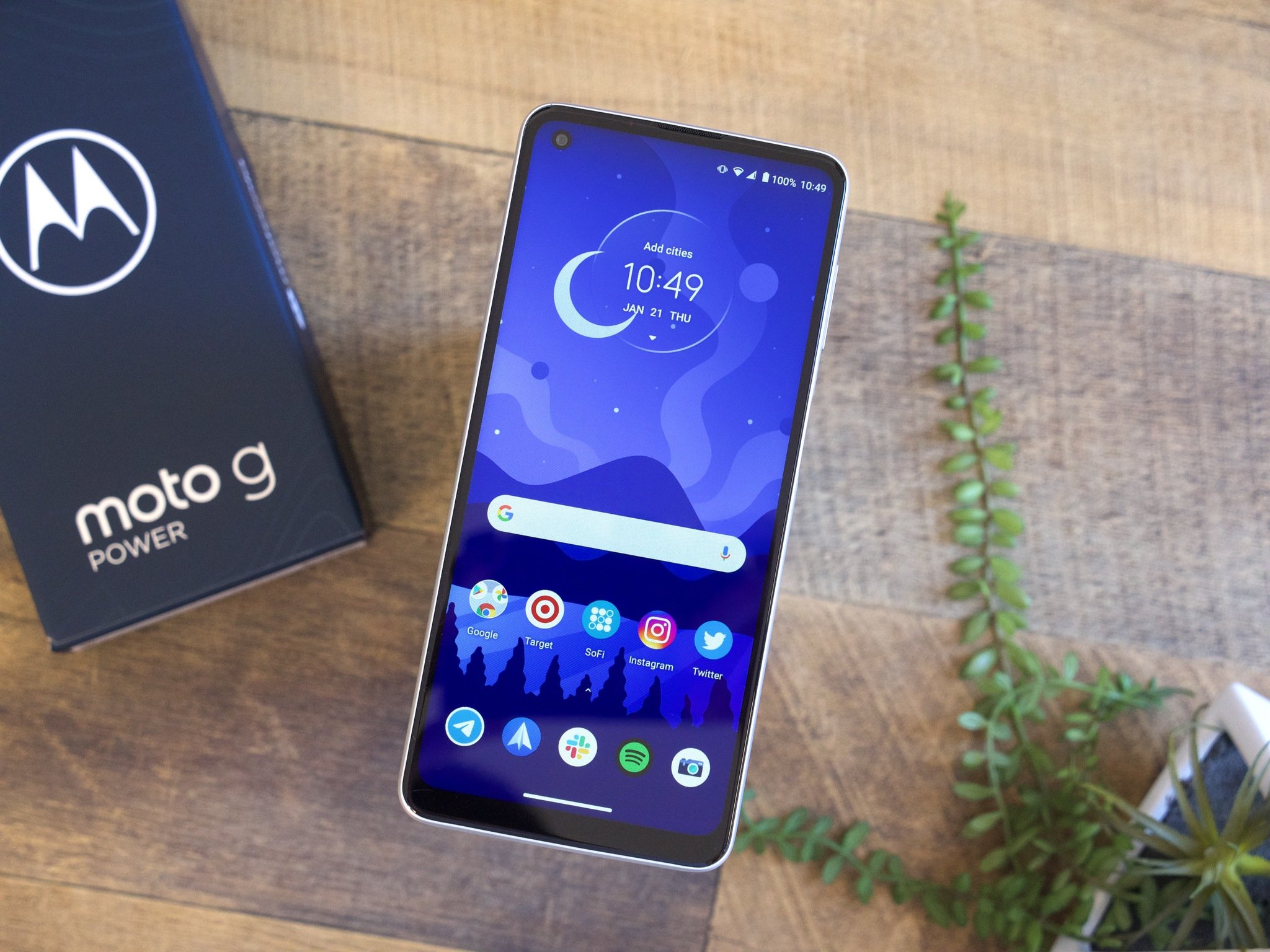
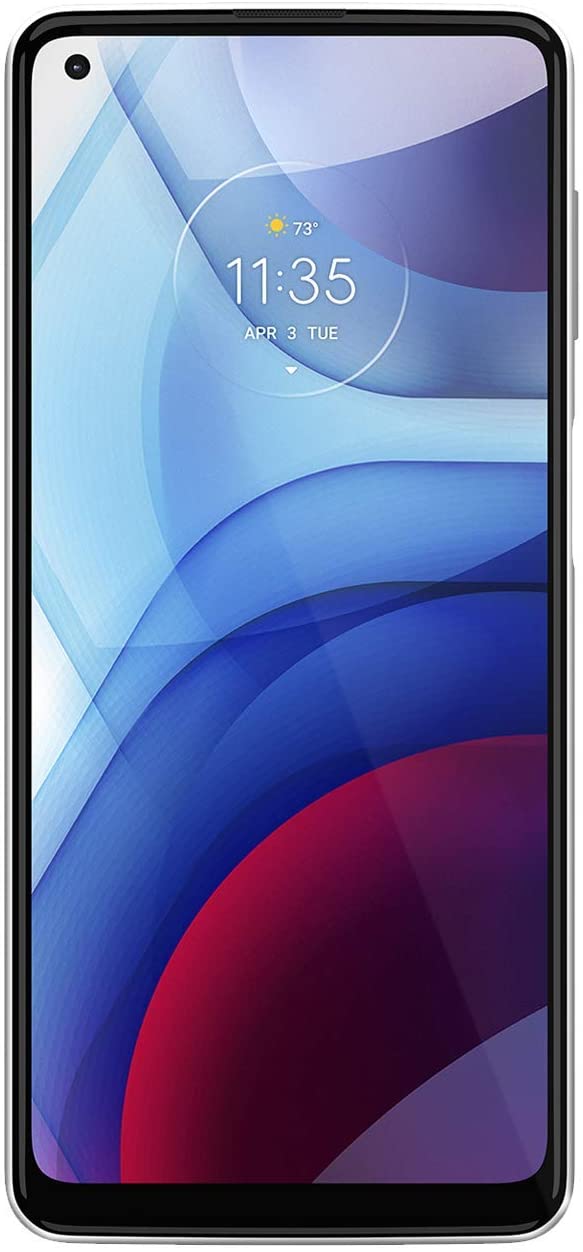
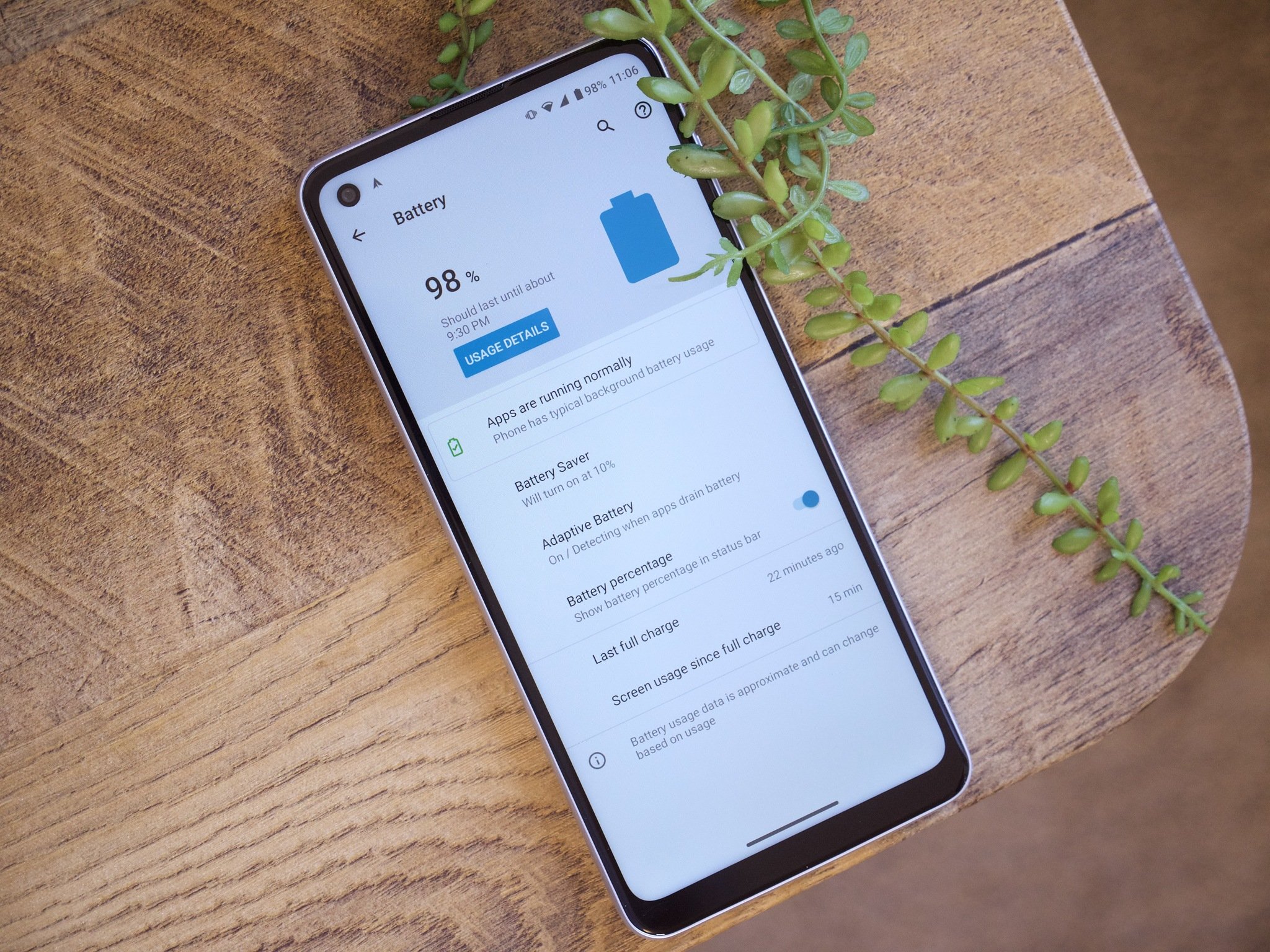
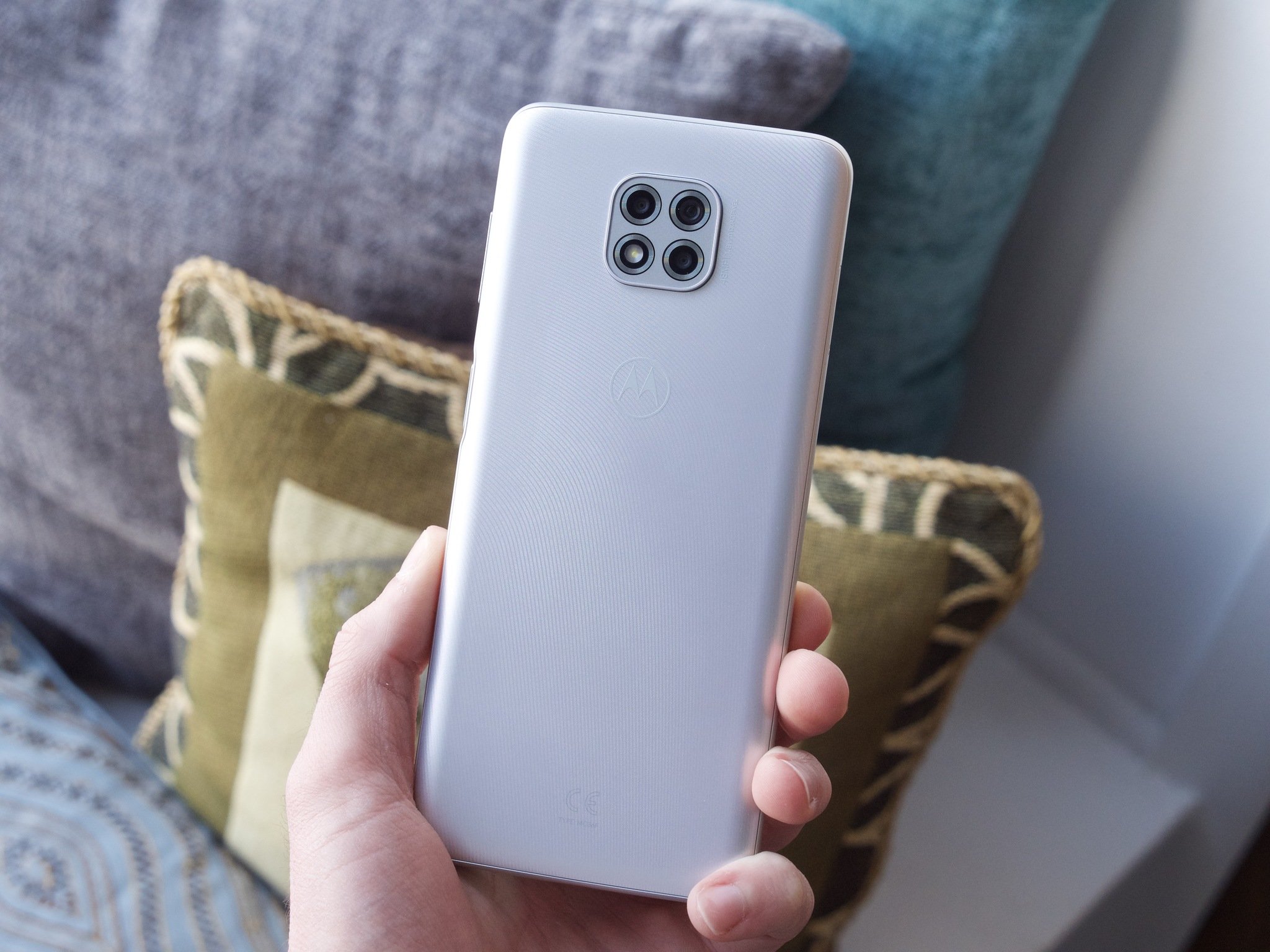
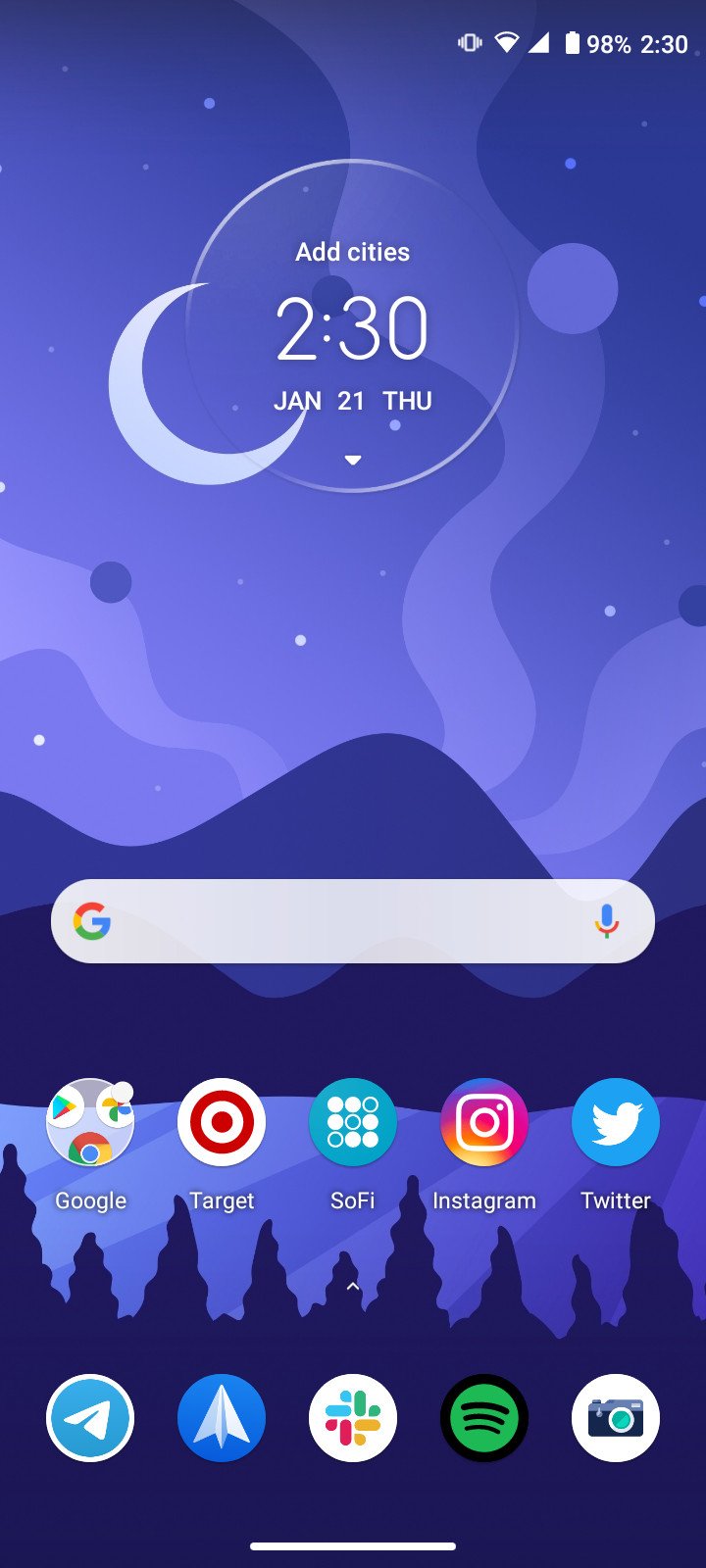

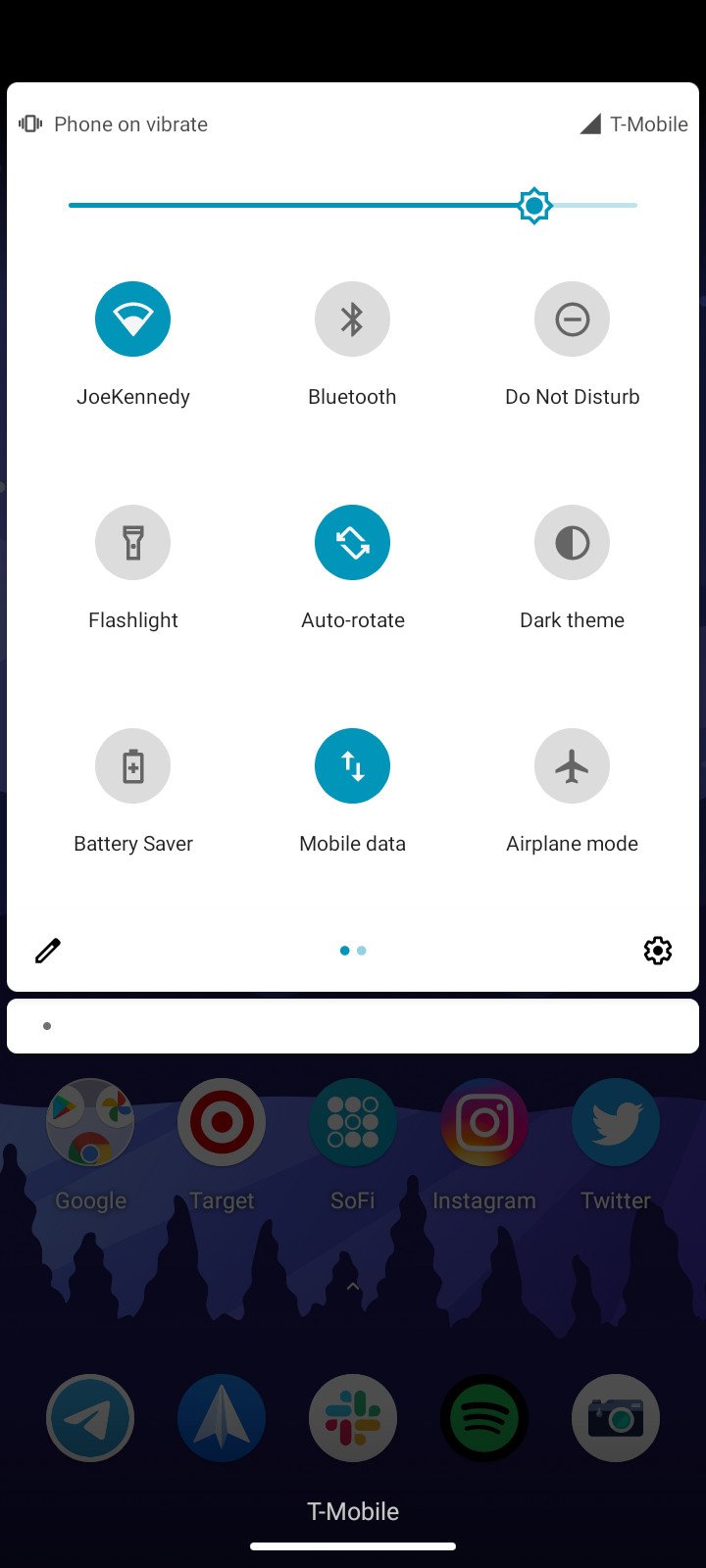
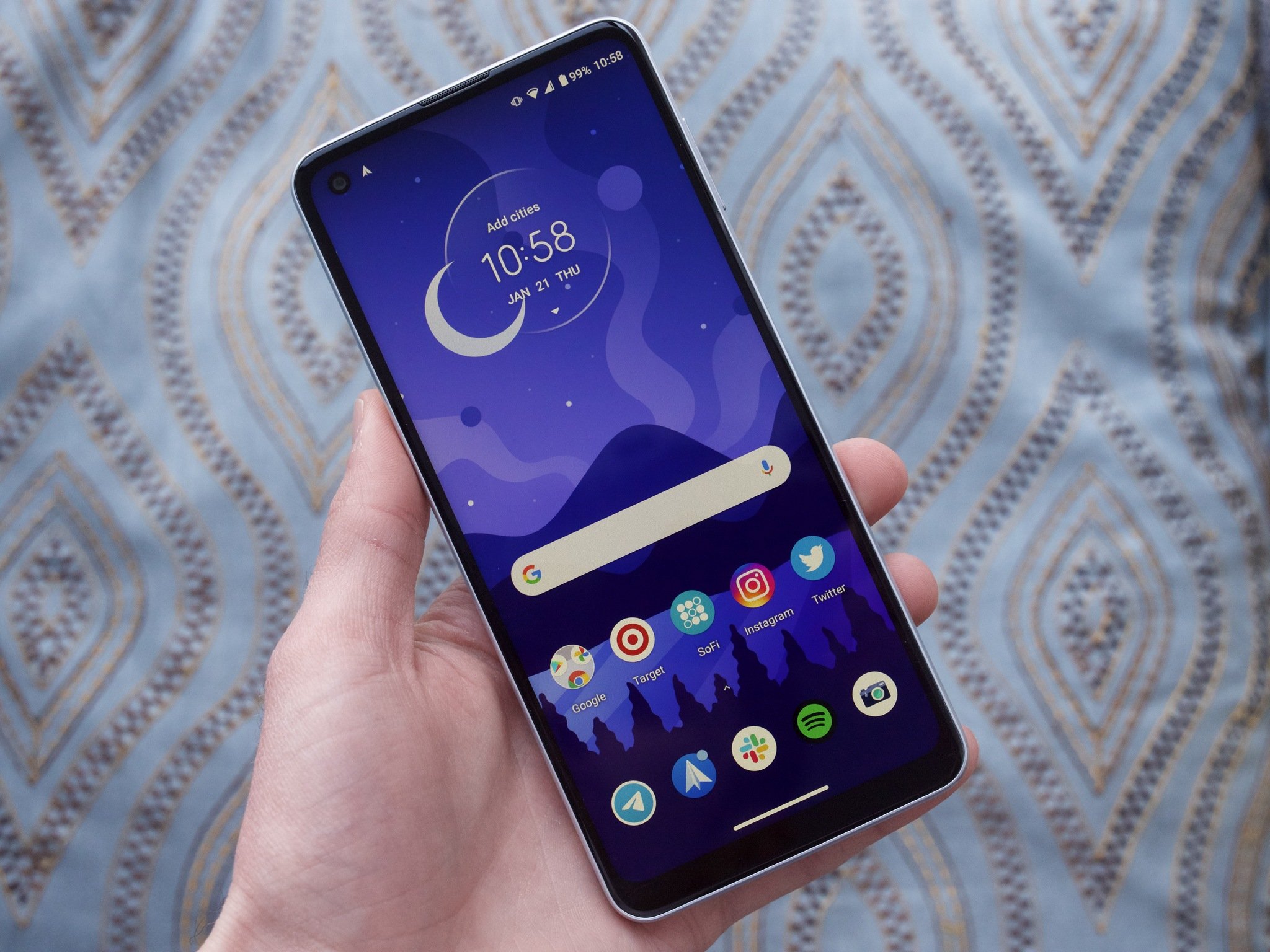
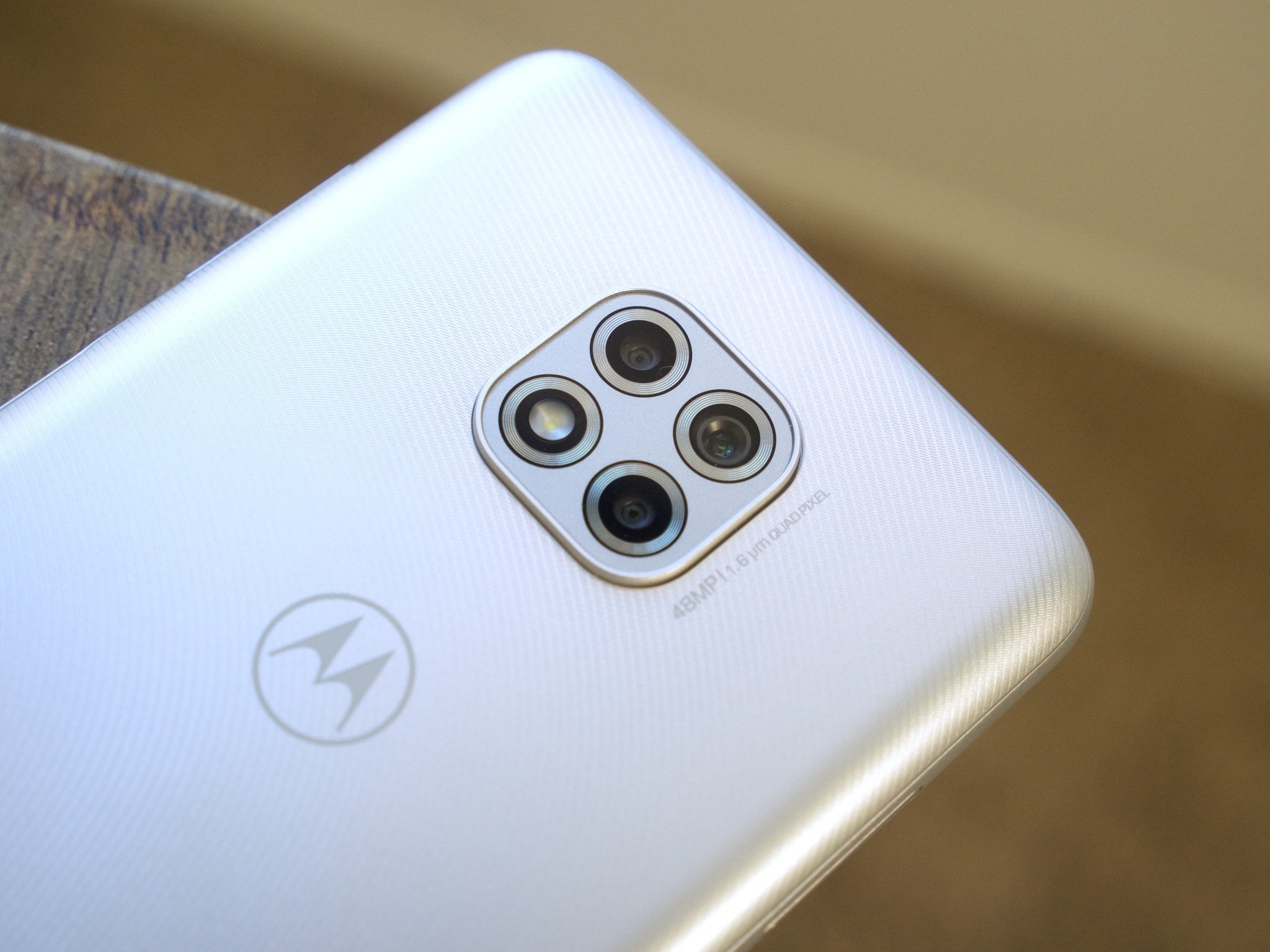
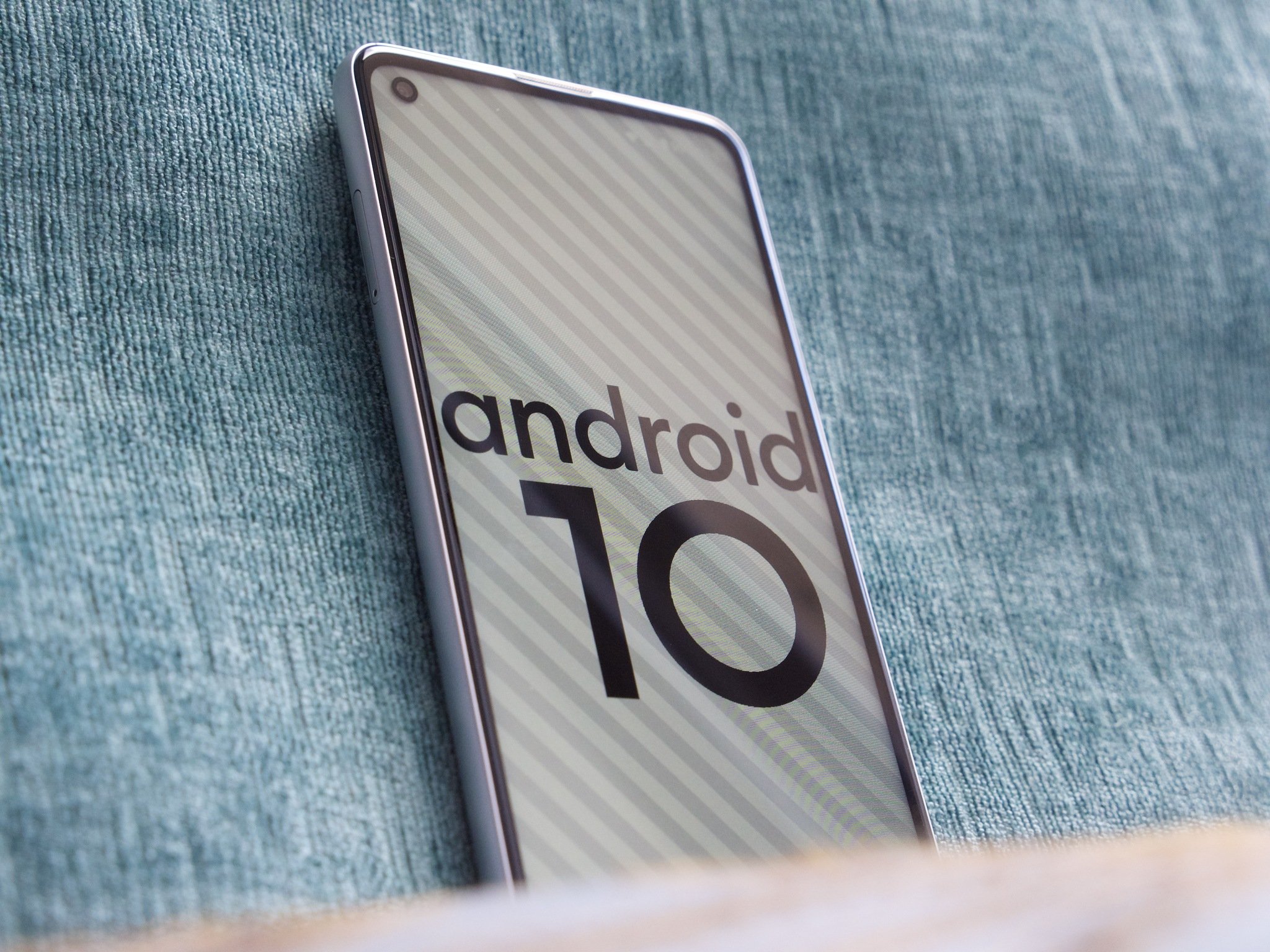
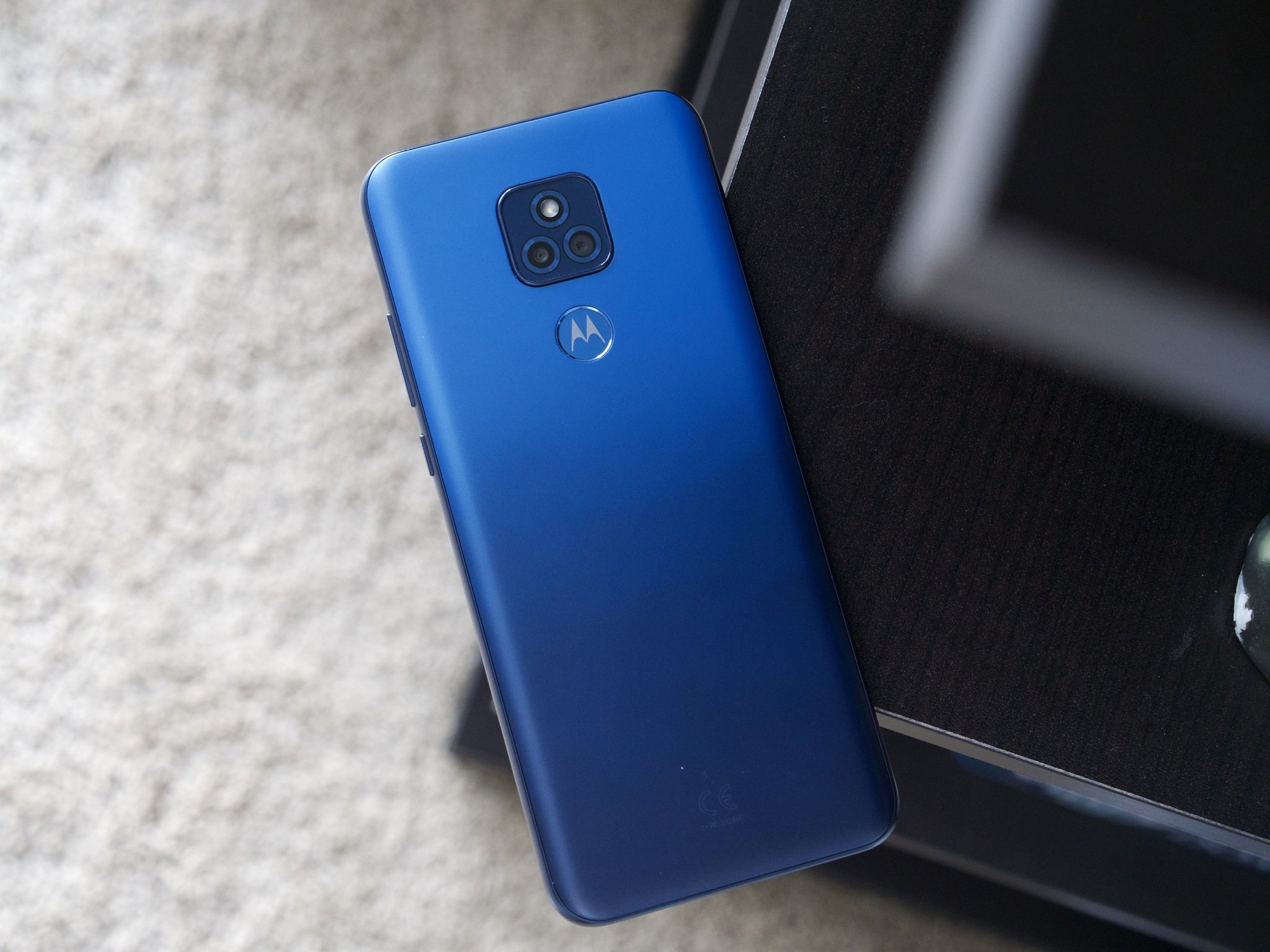
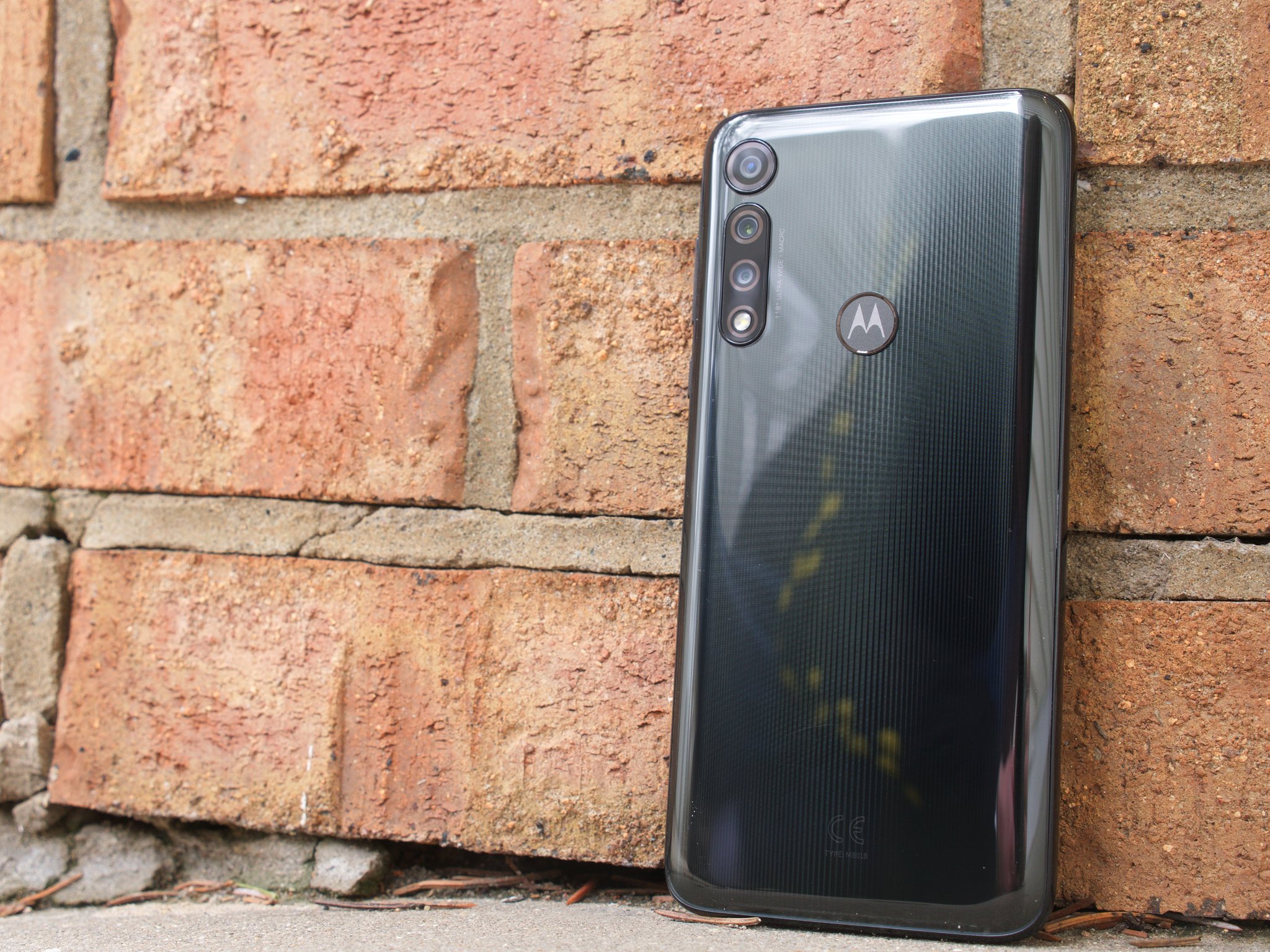

0 Response to "You Can See More: Moto G Power (2021) review: Falling from greatness"
Post a Comment